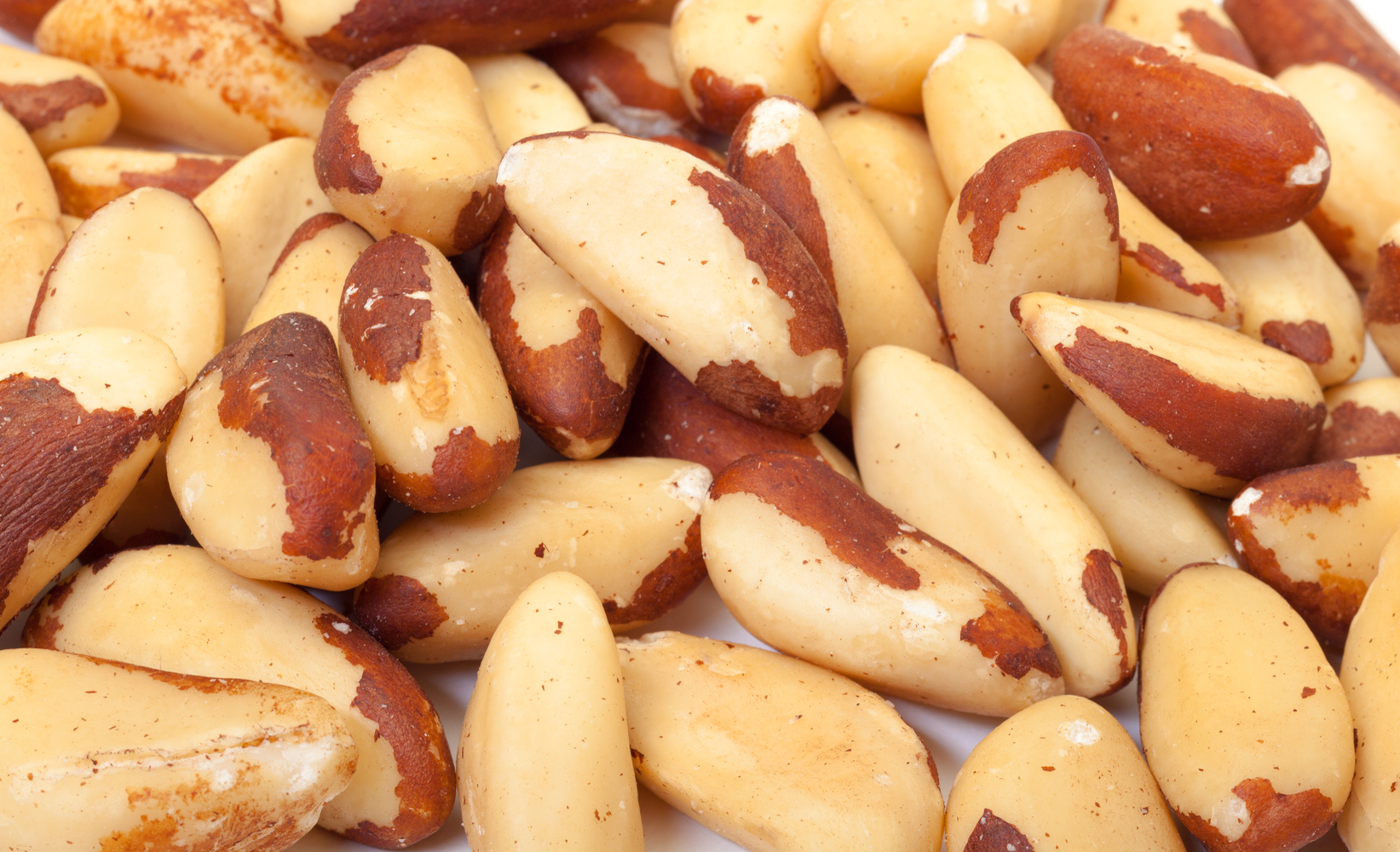
6 Foods and Other Medical Treatments for Arthritis Symptoms
Osteoarthritis is a common joint disorder and the most prevalent form of arthritis globally. Osteoarthritis results when damage or wear affects the protective cartilage that cushions and protects the end of our bones. Although osteoarthritis can affect almost any joint in the body, patients most commonly report issues with the hips, spine, knees, and hands.
If you suffer from any type of arthritis, like osteoarthritis, gouty arthritis, or rheumatoid arthritis, your doctor may have already prescribed a medication to help reduce your symptoms—such as Xeljanz, Tremfya, Actemra, Rinvoq, Skyrizi, Simponi Aria, or Apremilast. You may also be taking an over the counter medication to reduce arthritis inflammation (i.e., Voltaren or Advil). However, studies show that when medications to treat arthritis are paired with a anti-inflammatory diet, symptoms are significantly reduced.
Symptoms of osteoporosis include joint pain, mobility issues, swelling, stiffness and redness. While doctors may prescribe medications, such as Prolia prescription medication, Evenity bone building drug or Forteo prescription medication, many attain that proper nutrition and diet can improve symptoms or prevent osteoarthritis from getting worse. Here are six foods to eat for osteoarthritis:
1. Plain yogurt
Plain yogurt is rich in Vitamin D and calcium, both of which strengthen bones. Probiotics in yogurt decrease inflammation. Yogurt containing plant stanols and sterols decreases levels of low-density lipoprotein and total cholesterol. Research suggests high cholesterol is associated with more pain and complications, including inflammation and tendon injuries. It can also stress cartilage cells and cause osteoarthritis.
2. Dried figs
Figs are packed with fiber, which means eating figs makes you feel full and helps balance blood sugar levels and prevent sugar cravings. Figs contain many vitamins and minerals; calcium and potassium build strong bones, magnesium keeps bones healthy, and vitamin K decreases the risk of fractures and osteoporosis. Vitamin K also keeps bones and cartilage healthy. Vitamin K-dependent proteins have many roles, including controlling calcification. Anti-inflammatory polyphenols work like antioxidants, and dried figs have a high concentration of them.
3. Flaxseed
Flaxseed can lower cholesterol, and it’s a rich source of antioxidants and lignans, and the omega-3 fatty acid alpha-linolenic acid, which reduces joint inflammation. According to several studies, lignan shows antioxidant properties. Antioxidants shield you from free radicals, which damage your cells and occur because of inflammation. Research also suggests that arthritis sufferers may benefit from foods rich in alpha-lipoic acid (ALA), like flaxseed.
4. Dark greens or spinach
Dark greens or spinach contain vitamin E, calcium, potassium and magnesium. Beta-carotene is an antioxidant that shows anti-inflammatory activity and can stop osteoarthritis from becoming worse. Vitamin C also has anti-inflammatory benefits, and it synthesizes collagen and helps lower joint pain and arthritis. Both dark green vegetables also contain the antioxidants kaempferol and sulforaphane, which slow joint cartilage damage. Other leafy greens, like cabbage, are good for gut health, by neutralizing stomach acid with the proper pH level, which leads to easier calcium absorption. Overall studies show that patients with too high levels of alkaline phosphatase in their guts have worse osteoarthritis symptoms
5. Fish oils
Fish oils contain lots of omega-3 fatty acids, which help treat arthritis by fighting inflammation and interfering with inflammatory immune cells called cytokines. These cytokines destroy joints. Cod liver oil contains antioxidant vitamins D, which prevents swelling and soreness, as well as vitamin A, which regulates skeletal and cartilage formation. Vitamin E, found in shellfish, reduces knee osteoarthritis symptoms. For instance, shrimp contains omega-3 and -6 fatty acids and antioxidants.
6. Brazil nuts
Brazil nuts are full of nutrients that help ease osteoarthritis. For example vitamin B3, or niacin, reduces inflammation and improves flexibility. These nuts also contain selenium, which fights inflammation and slows down arthritis progression. Low selenium levels are also associated with the development of knee osteoarthritis.


